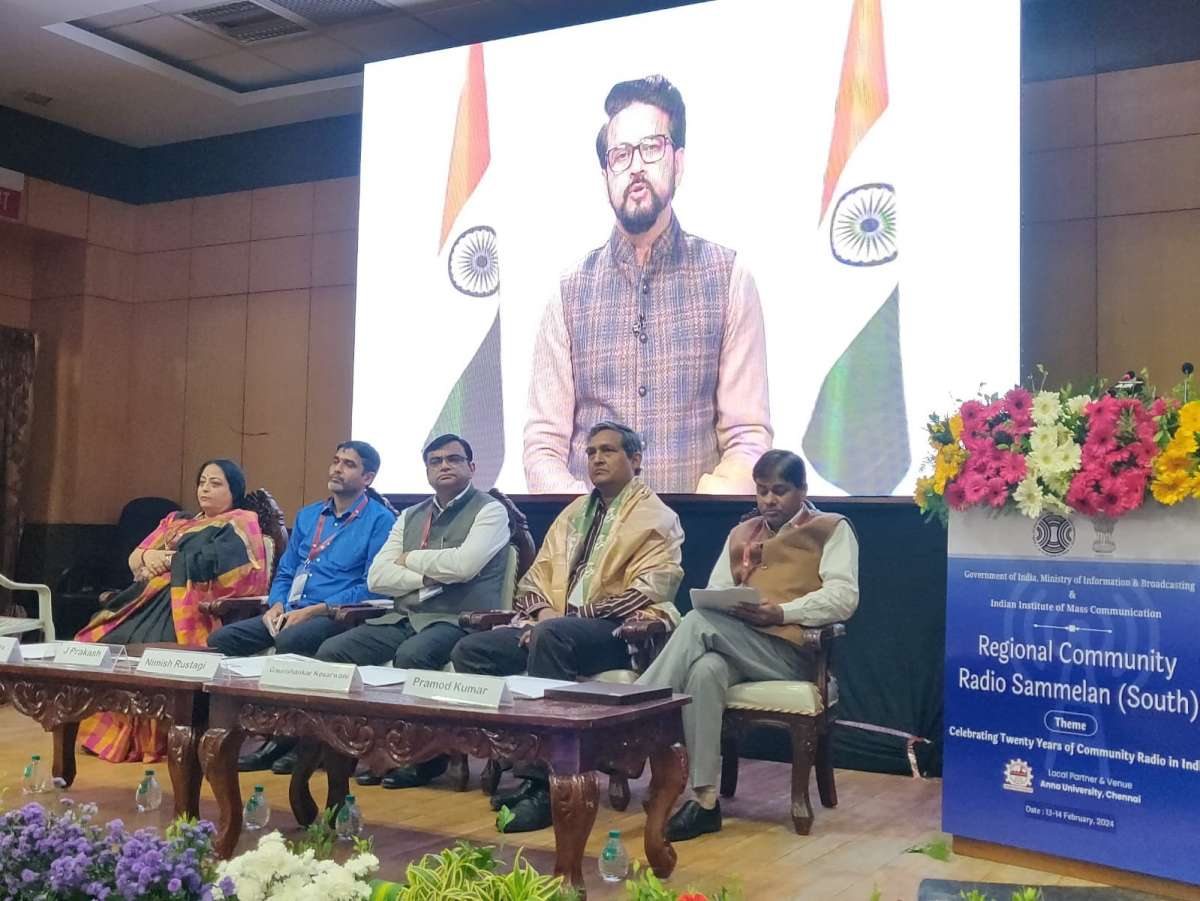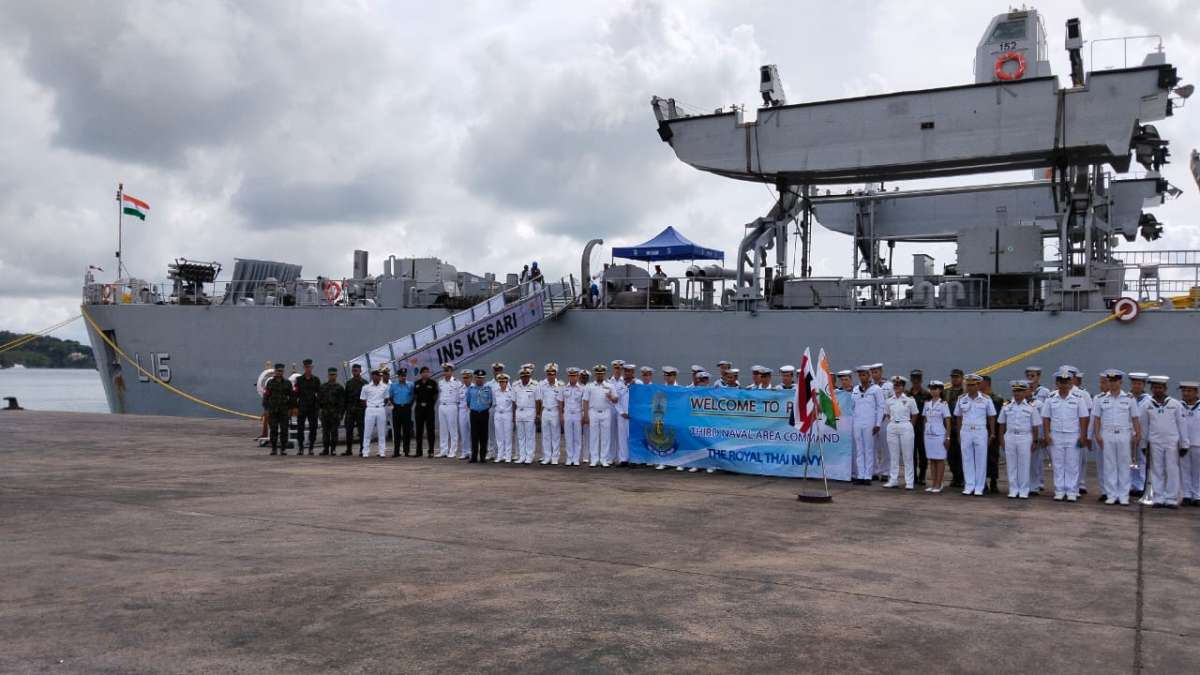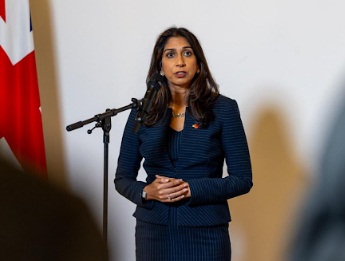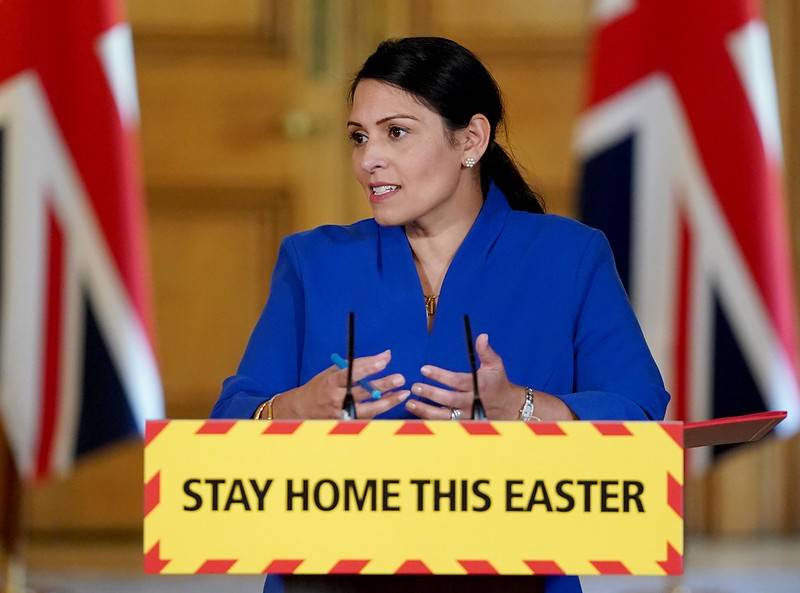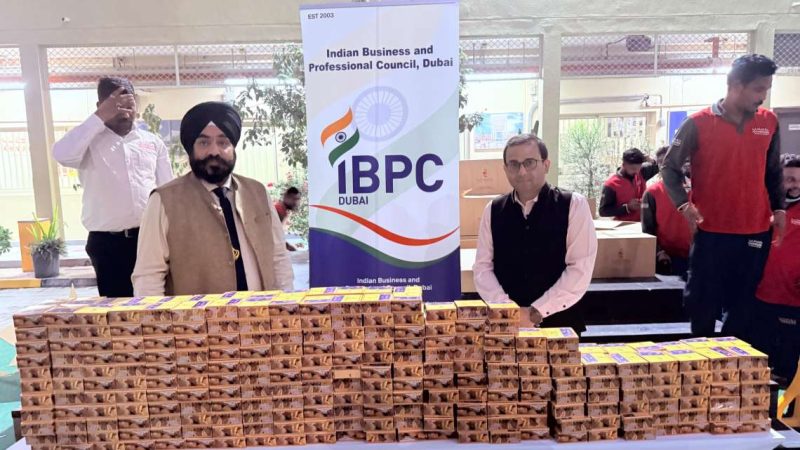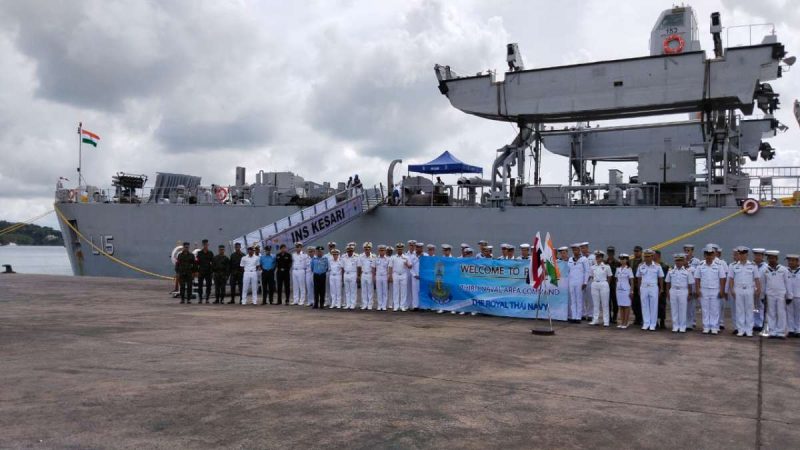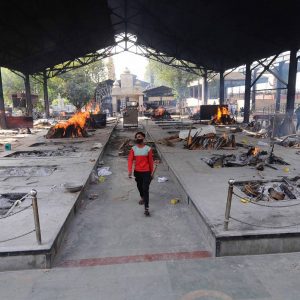Anurag Thakur said the revised policy will ensure growth of the sector and financial sustainability of Community Radio Stations (CRSs)…reports Asian Lite News
On the occasion of World Radio Day, Information and Broadcasting (I&B) Minister Anurag Thakur on Tuesday released the revised policy guidelines for setting up community radio stations in the country.
The roadmap for the revised policy on community radio was unveiled during the regional Community Radio Sammelan (South) at Anna University, commemorating 20 years of Community Radio in India.
Speaking on the occasion, Anurag Thakur said the revised policy will ensure growth of the sector and financial sustainability of Community Radio Stations (CRSs)
Highlighting the importance of community radio, the minister said, “Community Radio Stations offer a platform where content is disseminated in localised dialects and regional languages. Local, context specific issues are raised and discussed in these stations in local idioms.
“The Government is committed to its mantra of ‘Sabka Saath, Sabka Vikas, Sabka Vishwas and Sabka Prayas’. It is important to realise the importance of community radio in this direction.
“Prime Minister Narendra Modi in his ‘Mann ki Baat’ has shown through personal example how important the radio medium is, in both speaking to and listening to the public. Each CRS is a reflection of the local model that has been built over the years and the experiential learnings that have been collected and shared.”
L. Murugan, Minister of State (MoS) for I&B, said, “Community Radio is a pioneering concept and provides a platform to unheard voices from the community. These stations are one of the best ways to reach out intimately and directly to the people as these stations create locally relevant programmes useful to the community. There cannot be a better way of reaching out to the community than through the relatively inexpensive medium of community radio stations.”
The two-day long Radio Sammelan for Southern Community Radio Stations (CRS) also marked completion of 20 years of Community Radio in India. The Sammelan gave an opportunity for capacity building to the CRSs.
For the uninitiated, the Community Radio Stations are low-power radio stations, meant to be operated by local communities. India’s first Community Radio was inaugurated in 2004 on the Anna University campus.
Presently, there are a total of 481 CRSs in the country. In the last two years, more than 133 CRSs have become operational.
ALSO READ: Diaspora: A significant link between India and Gulf


